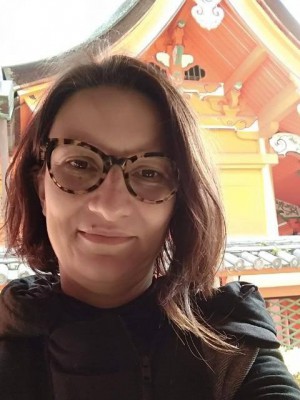resumo
Frailty is an age-related syndrome expected to increase over the next decades. This syndrome has been identified to be the most common condition leading to disability, institutionalisation and death in the elderly. The aim of this pilot study is to investigate a possible link between frailty status, biomarkers and environmental exposures. A group of 71 older adults (>= 65 years old) was engaged in this study. The study population was classified as 45.1% robust, 45.1% pre-frail and 9.8% frail. A significant higher prevalence of second-hand smokers was found in the pre-frail group when compared to robust. Furthermore, a higher prevalence of robust individuals was found among those consuming home-produced vegetables and water from well/springs. Significant differences were found between data collected in a lifetime exposure questionnaire (LTEQ) and the levels of genotoxicity endpoints and the mercury levels analysed regarding some exposure-related parameters, namely, smoking habits, intake of home-produced vegetables and the use of pesticides in agriculture. Understanding if the way we live(d) or worked can impact the way we age are important questions to be explored. Data obtained in this pilot study encourage further studies on this matter, exploring the role of exposures history and its impact on health.
palavras-chave
ALZHEIMERS-DISEASE; OLDER-PEOPLE; DNA-DAMAGE; EXPOSURE; PREVALENCE; INFLAMMATION; ASSOCIATION; VALIDATION; DEPENDENCE; FEATURES
categoria
Toxicology
autores
Teixeira-Gomes, A; Lage, B; Esteves, F; Sousa, AC; Pastorinho, MR; Valdiglesias, V; Costa, S; Laffon, B; Teixeira, JP
nossos autores
agradecimentos
Authors sincerely thank all volunteers who participated in this study. Armanda Teixeira-Gomes and Solange Costa are supported by Fundacao para a Ciencia e Tecnologia (FCT-MCTES), and by the European Social Fund, through Programa Operacional Capital Humano (POCH), under the grants SFRH/BD/121802/2016 and SFRH/BPD/100948/2014, respectively; Vanessa Valdiglesias is supported by Beatriz Galindo Research FellowshipBEAGAL18/00142. The authors also acknowledge the contribution of the COST Action CA15132 The comet assay as a human biomonitoring tool (hCOMET) to this study.


